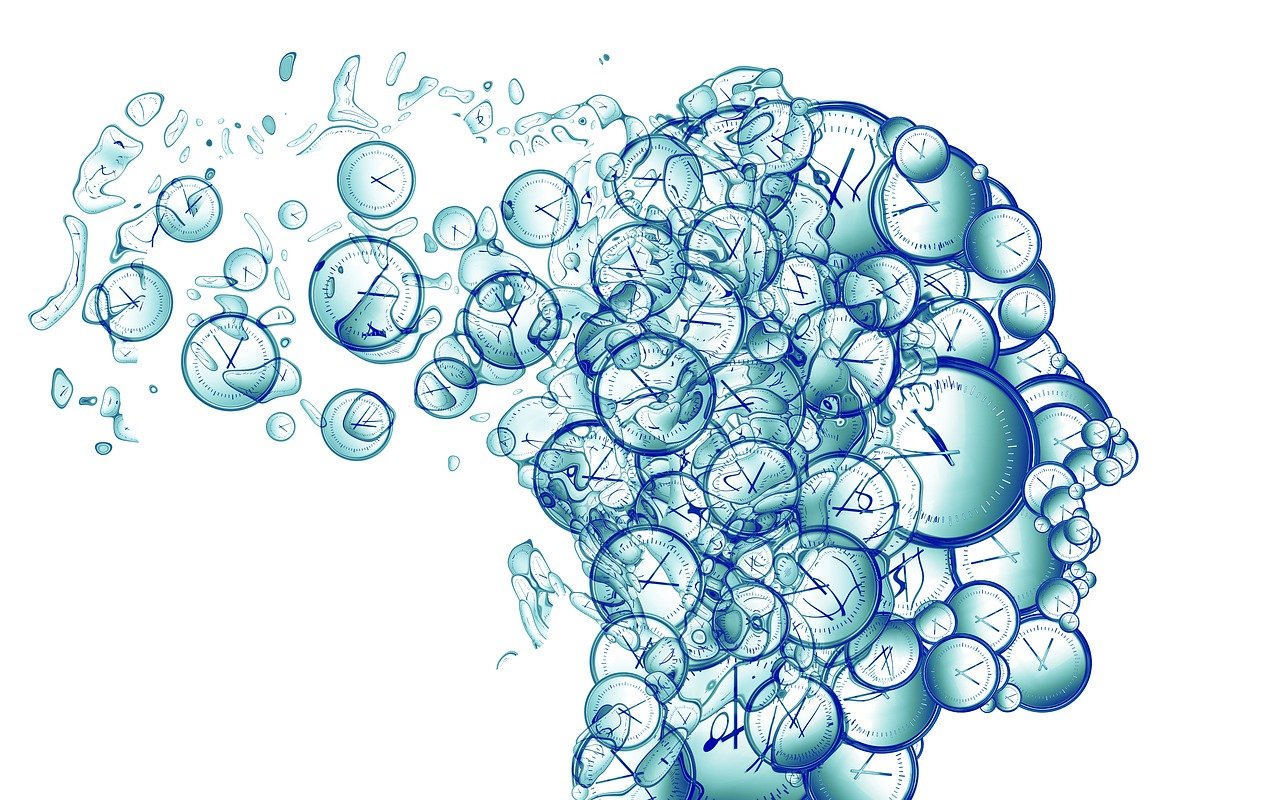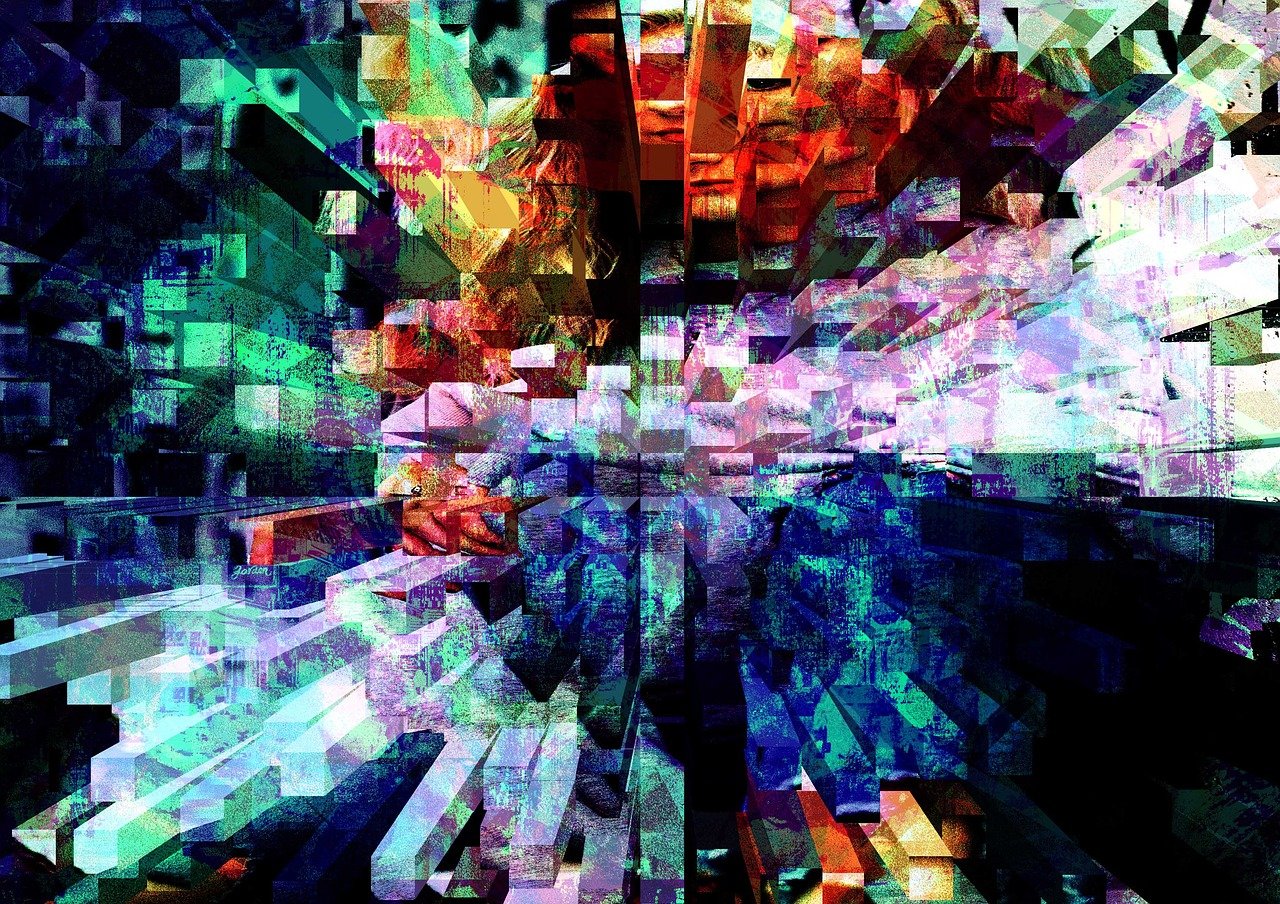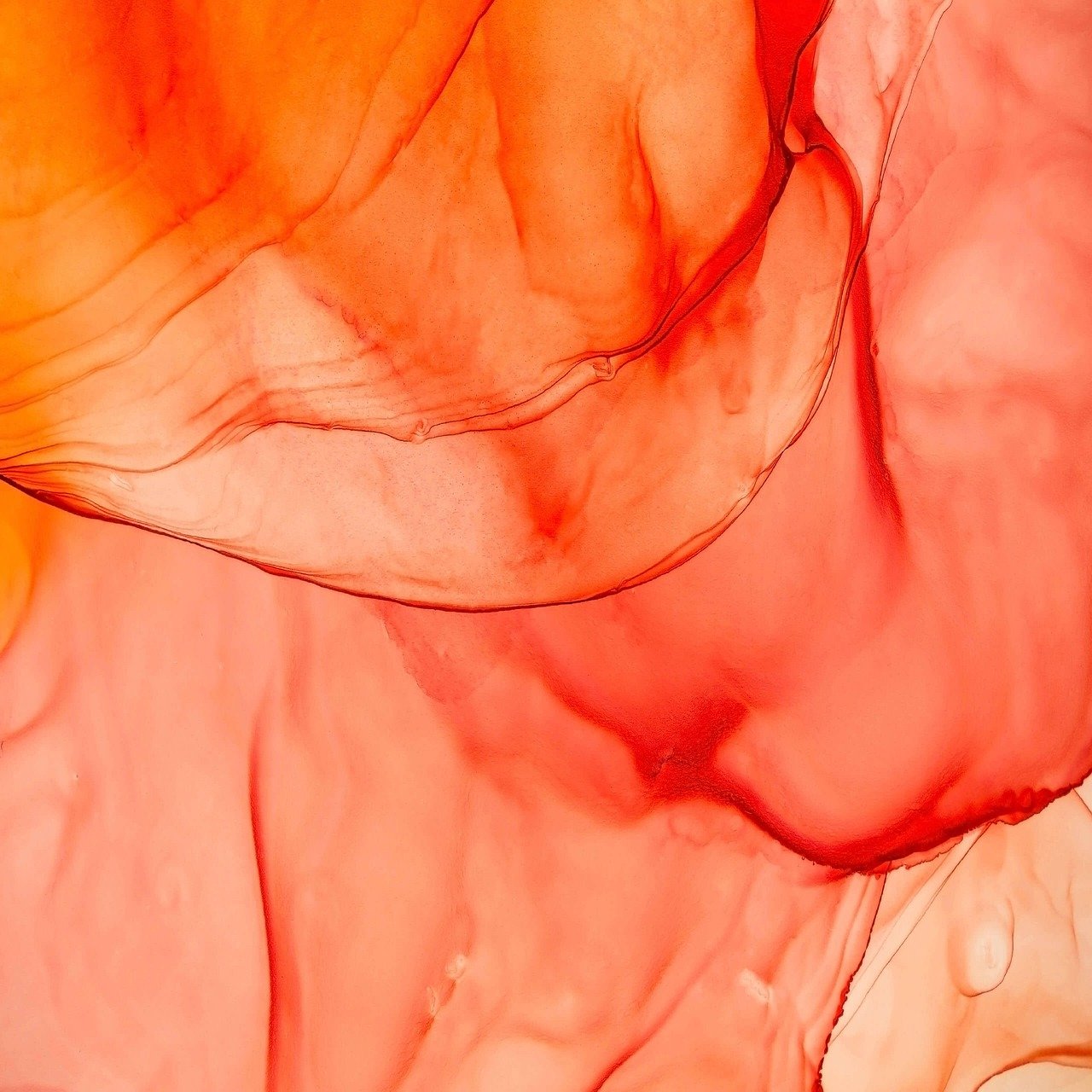We have been exploring the importance of self-knowledge on two levels. Firstly we need to become aware of the wiles of the ego, “cleansing our doors of perception”, as William Blake called it. We noted the various images of self and God, which can hinder us on the path to the Divine. Secondly we need to remember that we are more than our surface self; we also have another deeper spiritual level to our being, often called our true self. Learning to understand the ‘wounded ego’ is often seen as ‘merely psychological’, not as something essential to the spiritual path. But that psychology and spirituality are two different approaches to the human dilemma and have little to do with one another is a mistaken belief. Psychology deals with knowledge about the psyche, the soul, and the highest point of the soul is the spirit; they form a whole. “The reality we call God has first to be discovered in the human heart; moreover I cannot come to know God unless I know myself.” says Meister Eckhart, making a clear link between the psychological and the spiritual.
If we ignore the psychological, meditation may well become a way to suppress our woundedness for the sake of illusionary peace, which does not work in the long run. No real growth is then possible.
The importance of self-knowledge is emphasised not only by saints and theologians but also by philosophers. ‘Man know thyself’ was written over the entrance to the Delphi Oracle in Ancient Greece. And from Socrates we hear ‘The unexamined life is not worth living’. Self-knowledge goes hand in hand with realising your full potential: ‘I have come that they might have life, and that they might have it in all abundance.’ (John 10, 10)
Transformation, change, is always difficult and often painful. Therefore we prefer to ignore the connection between self-knowledge and knowledge of the Divine, but we can’t have one without the other. Like Meister Eckhart St Augustine emphasized the impossibility of that: “Man must first be restored to himself. By making himself as it were a stepping stone, he may rise thence and be borne to God.”
True self-knowledge is therefore not self-obsession, as it is not for its own sake, but as a way to get in touch with your real self, permeated and supported by the Divine Reality. Without self-knowledge we are prisoners of our needs and drives. We can’t get rid of our woundedness; all we need to do is become aware of it for the Spirit to be able to help us minimizes its power and heal us. Only self-knowledge leads to true freedom: we then can respond purely to the needs of a given situation without expectation and without hidden agendas. It allows us to use all of our resources, including our intuitive faculties, and tap into Cosmic Love and Wisdom. We will then act out of concern for the needs of others, and in doing so we also have our own needs met.
It is the silence of deep prayer, to which meditation leads, that facilitates this process. By letting go of our ego and its thoughts and images we can hear the guidance of the Spirit in the centre of our being. When we listen in love in our regular meditation periods, when our ordinary life is structured around prayer, it allows us to lead a more thoughtful life, which leads to a more profound way of being. In this way we also become aware of the true meaning of our life, our destiny.
Image by Gerd Altmann from Pixabay







